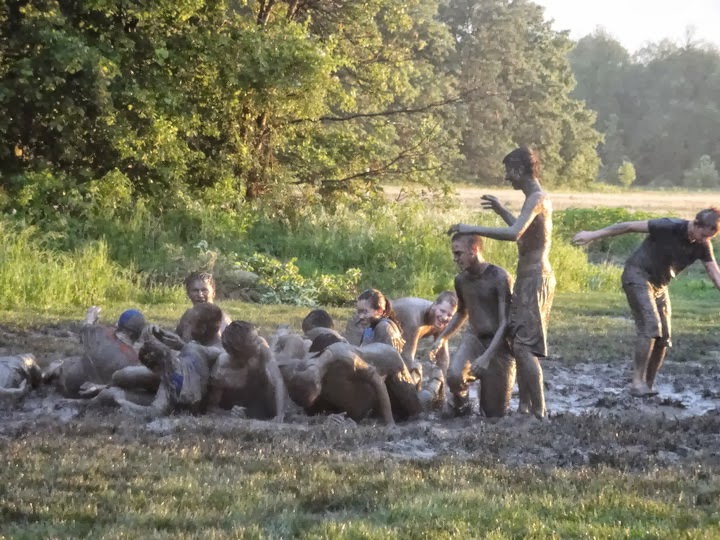“When a child is allowed to do absolutely as he pleases, it will not be long until nothing pleases him” (Anonymous).
One of our favorite Preventive Parenting tips is that of becoming a problem solver. As parents, we can complain that we do not like how something is going or how our children are behaving–or we can decide to solve the problem at hand.
We have found that many things that seem insurmountable–getting kids up and around on time in the mornings without too much stress, having the evening meal on the table at a certain time, and being sure that our kids are reading a lot–are easily taken care of when we decide to solve the problem–rather than just complaining about it or wishing that things were not as they are.
Let me give you some real life scenarios that I have recommended or heard of lately to get your “thinking skills” and “problem solving strategies” working:
1. Kids up running around in the morning, getting into things, etc., before Mom has had a chance to get herself ready–and prepare for their rising!
Make a “nobody up until you are told you can get up” rule. Our preschoolers were not allowed to get up whenever the pleased.
Just like they had to go to bed at a certain time, they also were not permitted to get up at random times. We had tape players in their bedrooms with radio dramas and talking books available–and also had them put their favorite books on their headboards. They were allowed to read or listen to tapes in the mornings, but they had to wait for me to get them up before they got out of bed.
2. Kids outgrowing their naps but fighting with each other when Mom and other littles are trying to rest.
We can come out and referee fights, yell at our kids for waking the baby, etc,. or we can make a quiet hour–a time in which only quiet activities are allowed. For us, these quiet activities were in a tub marked Quiet Hour–and were items that did not need any assistance to use.
In the case of fighting after outgrowing naps, the two who are fighting must have Quiet Hour in separate rooms–and if Quiet Hour is violated, it’s back to naps for them.
3. Kids not ready in the morning on time, stress and fighting, etc.
Implement morning routines–a set list of things that each child does from rising times until breakfast, or whatever the end of morning routine time holds. Figure up the amount of time needed to get those things done, subtract that from leaving or ready for school time–and make that time the Morning Routine time. (Read more about morning routines here.)
The point of this post is that so many things that cause us stress, fights, poor relationships, nagging, etc. can be handled through problem solving–proactive parenting–parenting in a way that we prevent those times, as opposed to always putting out fires because we did not prevent them to begin with.
Proactive Parenting provides a much more peaceful environment in our homes. It allows us to work on the discipline issues that are really crucial–and to ward off punishment, etc., for situations that can be handled ahead of time, rather than in the heat of the moment.
As an added bonus, Proactive Parenting teaches our kids how to solve problems, come up with options, get a handle on things before they become too big, etc., as they watch us model these skills for them.





